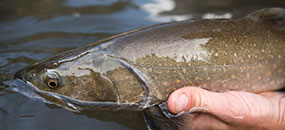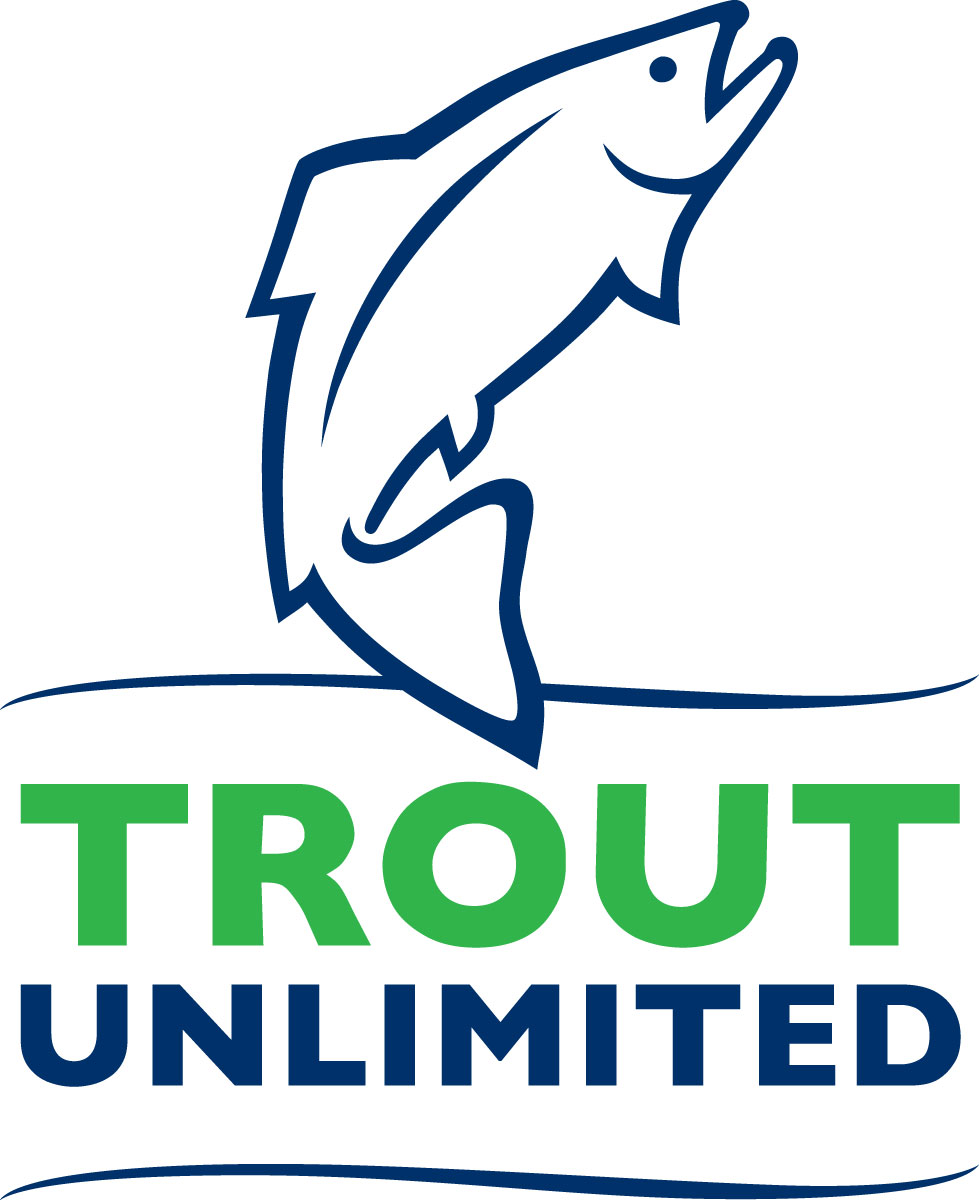September 17, 2018
FOR IMMEDIATE RELEASE
Contact: Corey Fisher cfisher@tu.org / (406) 546-2979
Sam Davidson sdavidson@tu.org / (831) 235-2542
Sportsmen’s groups urge California congressional delegation to save the Land and Water Conservation Fund
Program vital for habitat conservation and sporting access, expires September 30
TRUCKEE, Calif.—Forty-three sportsmen’s organizations and businesses have signed and submitted a letter to members of Congress from California urging them to permanently reauthorize and fully fund the Land and Water Conservation Fund (LWCF).
Since 1965, the LWCF has provided nearly $170 million in funding in California alone for habitat conservation and enhancing opportunity for outdoor recreation. Projects funded through LWCF include new or improved facilities such as boat ramps, trails, campgrounds, parking areas, and fish cleaning stations, and acquisition of lands with high habitat or public access values for addition to existing parks and wildlife areas.
Revenues for the LWCF derive entirely from royalties on offshore energy development. Congress determines how LWCF funds are allocated through the appropriations process. However, this program expires on September 30 if Congress does not act to reauthorize it.
“There is no sporting opportunity without high quality habitat. Few government programs, at any level, have been as successful and important in conserving habitat and enhancing public access as the Land and Water Conservation Fund, utilizing zero taxpayer dollars,” said Trevor Fagerskog, president of the Truckee River Chapter of Trout Unlimited. “We are down to the eleventh hour in keeping this valued program alive. Sportsmen and women need Congress to get this done.”
The letter from California sportsmen’s groups and businesses was delivered a day after a breakthrough in negotiations in the House Committee on Natural Resources. A bi-partisan compromise reached between Committee chair Rob Bishop (R-UT) and ranking member Raul Grijalva (D-AZ) would permanently authorize the LWCF, ensure equity between funding allocated to state and federal LWCF programs, and dedicate funding for improving access for hunting, fishing and outdoor recreation. Trout Unlimited lauded this significant progress.
A few examples of LWCF-funded projects in California that directly benefit anglers and hunters include: improved fishing access to Lake Edson and conservation of the designated Wild Trout fishery of the Rubicon River (Eldorado County); expansion of the Coon Hollow Wildlife Area and improved fishing access to Oroville Pond (Butte County); expansion of and improved access to the Mendota Wildlife Area (Fresno County); improved public access to Crowley Lake (Inyo County); development at the Redondo Beach fishing pier (Los Angeles County); expansion and conservation of the Green Creek Wildlife Area (Mono County); improved public access to the Truckee River (Nevada County); and improved fishing access to the Klamath River and expansion of the Horseshoe Ranch Wildlife Area (Siskiyou County).
Brian Johnson, director of TU’s California programs, said, “The Land and Water Conservation Fund has been invaluable for fish, wildlife, and sporting opportunities here in California. Forty-three businesses and organizations representing tens of thousands of anglers and hunters in this state have stepped up to make sure our congressional delegation knows what’s at stake and that this program is a high priority for sportsmen and women. We salute their action, as well as the recent progress in negotiations in the House, and urge Congress to take advantage of this momentum to permanently authorize the LWCF.”
Read the California sportsmen's letter here
as well as Trout Unlimited’s letter supporting the agreement to permanently reauthorize LWCF.# # #
Trout Unlimited is the nation’s oldest and largest coldwater fisheries conservation organization dedicated to conserving, protecting and restoring North America’s trout and salmon and their watersheds. Follow TU on Facebook and Twitter, and follow our blog for all the latest information on trout and salmon conservation.





